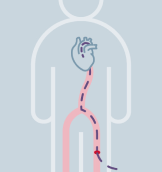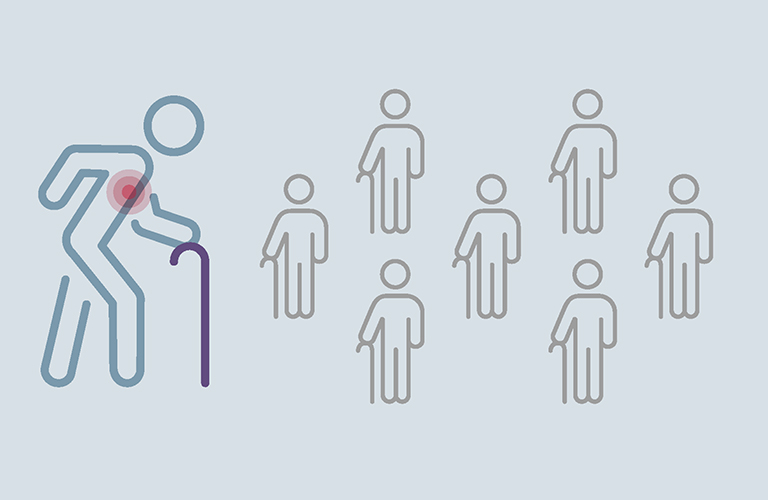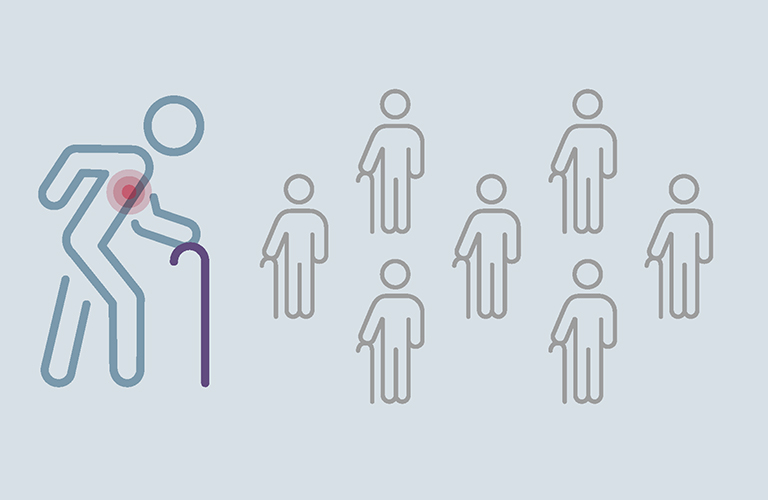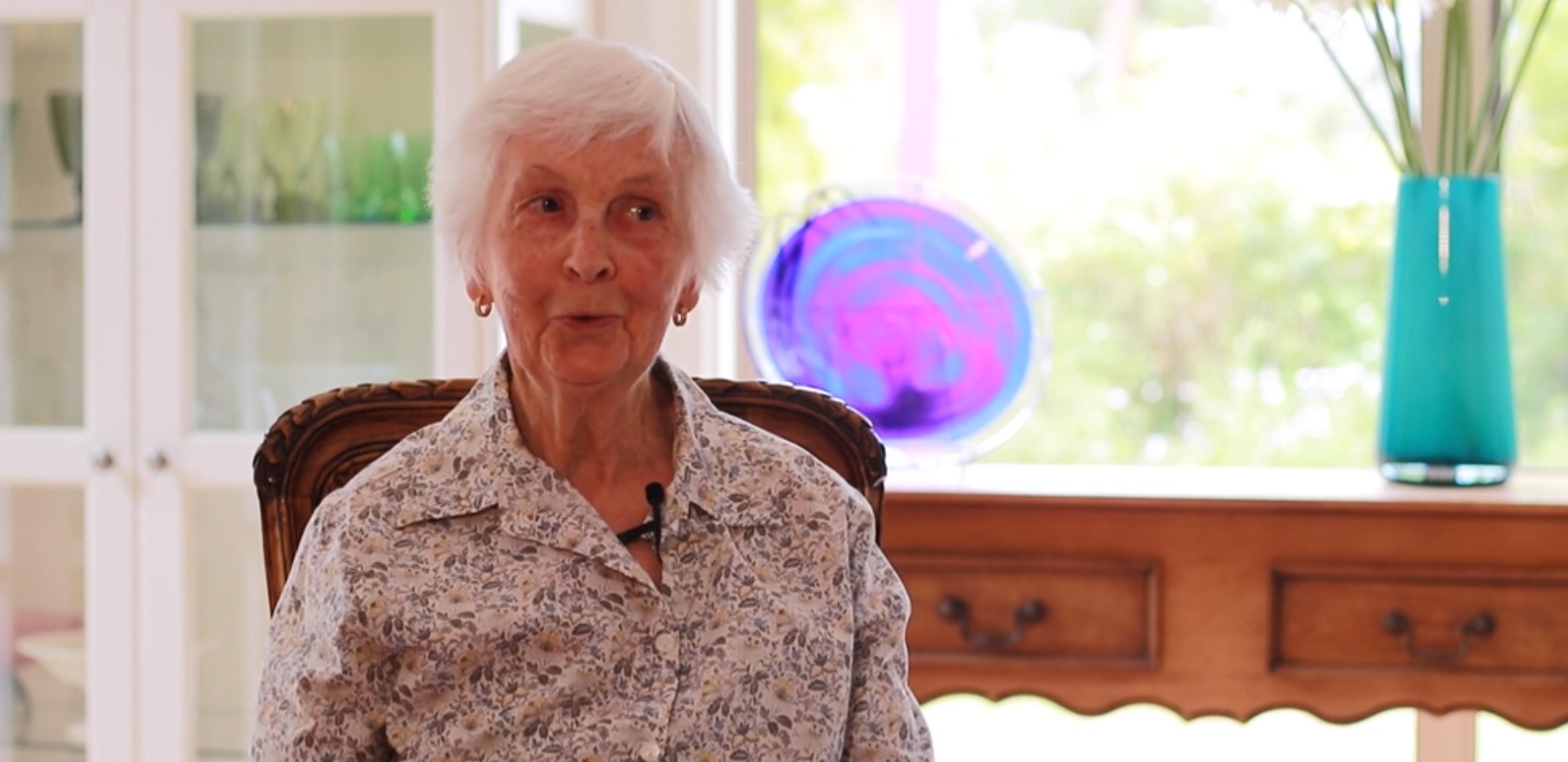
I am worried about my loved one’s aortic stenosis.
It is normal to be concerned about your loved one’s health.
It may be reassuring to you and your loved one to know that aortic stenosis is treatable.2
However, it can also worsen without timely treatment.2,3
Talk to their doctor to understand how to manage their aortic stenosis.
Learn more about aortic stenosis
How can my loved one’s severe aortic stenosis be treated?
Severe aortic stenosis can be treated by replacing their aortic valve.
There are two ways to do this:4
1
Surgical aortic valve replacement by open heart surgery

2
TAVI (transcatheter aortic valve implantation), a minimally invasive procedure

Talk to your loved one’s doctor to learn more about the benefits and risks of severe aortic stenosis treatments.
Does my loved one need surgery or TAVI?My love ones needs to undergo a procedure. How can I support them?
You can support them during this time by:

Helping them prepare for the procedure, per their doctor’s advice

Accompanying them to the hospital

Ensuring they have necessary personal items during their hospital stay

Seeking their doctor’s advice on their post-discharge diet, activity level, medications, and follow-up appointments

Developing a recovery plan with their doctor

Aiding them during their recovery period
Talk to your loved one’s doctor about how you can support them during their treatment journey.
Guide for talking to the doctor Learn more about post-TAVI recoverySymptoms of aortic stenosis are often dismissed by patients as signs of old age.
As a caregiver, you play an important role in helping your loved one understand the importance of seeking treatment early.
Unless treated, only 1 in 2 people with severe aortic stenosis will survive longer than 2 years.5
Talk to your loved one about getting their heart checked today.
Get info kit for more information Tips on talking to the doctor
References
1. Osnabrugge RLJ, et al. J Am Coll Cardiol 2013;62:1002–1012.
2. American Heart Association. Aortic Stenosis Overview. Available at: https://www.heart.org/en/health... Accessed 2 August 2023.
3. Cleveland Clinic. Aortic Valve Stenosis. Available at: https://my.clevelandclinic.org/health... Accessed 2 August 2023.
4. British Heart Foundation. TAVI (Transcatheter aortic valve implantation). Available at: https://www.bhf.org.uk/information... Accessed 2 August 2023.
5. Otto CM. Heart 2000;84:211–218.








 Australia
Australia
 Brazil
Brazil
 Canada - French
Canada - French
 China - Taiwan
China - Taiwan
 Denmark
Denmark
 Finland
Finland
 Germany
Germany
 Italy
Italy
 Netherlands
Netherlands
 New Zealand
New Zealand
 Norway
Norway
 South Korea
South Korea
 Southeast Asia
Southeast Asia
 Sweden
Sweden
 United Kingdom
United Kingdom
 United States
United States

